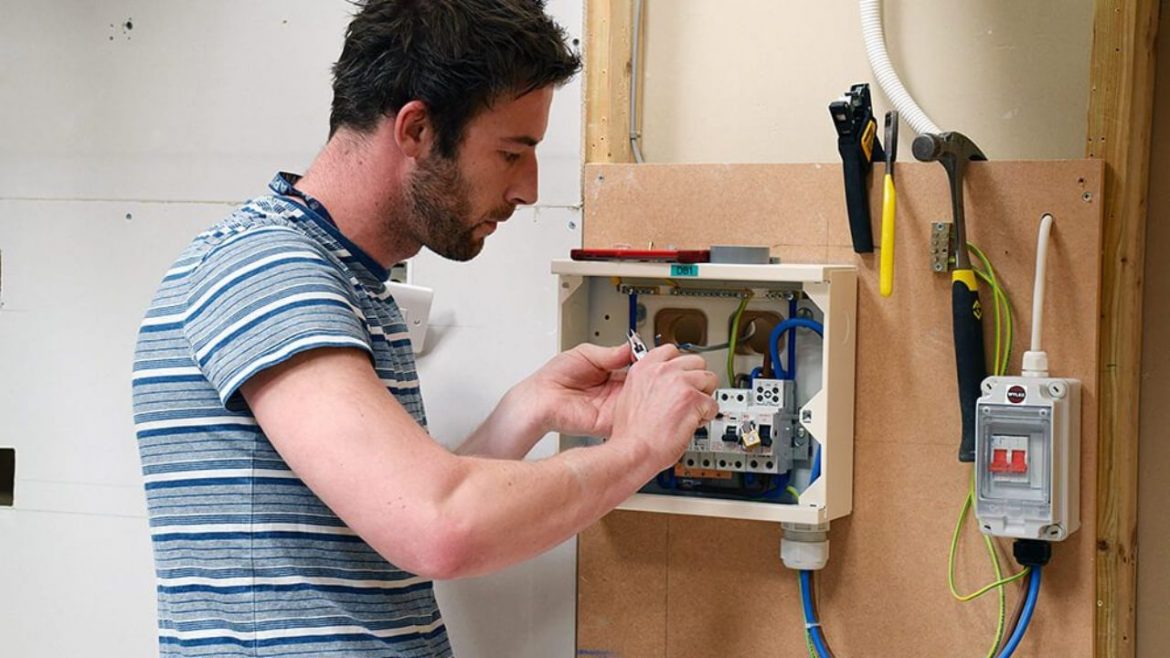5 Common Home Electrical Problems l Local electricians in Crowborough
Regardless of size, style, or age, every home is vulnerable to a range of electrical problems. If left unattended, a few minor faults such as flickering lights or hot outlets can soon escalate into a significant concern. Expert local electricians in Crowborough understand how difficult it can be to spot some hazards as a leading provider of residential electrical services for all sorts of homes. That is why their team has put together a list of 5 typical house electrical issues. It is to help homeowners spot problems before they become a significant safety danger. Please note that most household electrical dangers require the services of a certified electrician. It is to guarantee that all repairs are carried out following applicable rules and standards.
5 Typical Electrical Issues in the Home
While it may be tempting to overlook or dismiss some of these issues, we strongly advise taking action to address the following problems before they become a safety hazard:
Light flickering that is consistent
Flickering lights are the most accessible problems to overlook because they usually only last a short time. While occasional flickering or dimming is acceptable, it is not permitted daily. If your lights continue to flicker after you’ve changed the bulbs or installed new light fixtures, you should hire a certified electrician to figure out what’s causing the problem.
When using specific devices, breakers trip
The high wattage requirements of today’s devices were not designed into older homes built in the 1960s and 1980s. When using a microwave or plugging in specific equipment, the outdated design frequently trips breakers. While homeowners may easily live with limited power access in some regions of their home, replacing your electrical panel or having an electrician install a subpanel is far safer and more efficient.
When devices are plugged in, hot outlets occur
If your outlets become warm or hot after plugging in a device, it could be a symptom of defective wiring or other damage. This heat might cause an electrical fire or other serious problems. So you need to inspect and replace it as soon as possible.
Excessive use of the extension cords and power bars
Older homes frequently lack adequate outlets to accommodate the number of gadgets used by each family member. While using several power bars or extension cables is not dangerous. However, having additional outlets to reduce the chance of accidents is more efficient.
Plugs are prone to falling out of outlets
Contacts in outlets are there to grab cord prongs for a strong connection. Communications that are loose or worn might create an arc or electrocution. It’s time to replace an outlet if the plugs have become loose or have fallen out.
Breakers or service panels that are no longer in use
Many old types of breakers or service panels have been phased out. And older buildings sometimes employ fuse boxes instead of breaker panels. Therefore it is usual to replace an older building’s electrical service panel.
Light Fixtures that are old
It is usual for the wiring in light fixtures to become loose as they age, resulting in flickering or non-functioning lights. Sometimes you can replace these fittings, but often you need to replace them.
Outlets that are faulty
Many older outlets lack a ground wire hole, and many more have a defective or improper connection. In older buildings, it’s common to have to replace all of the outlets.
Conclusion!
Contact the TG Electrics team to learn more about typical home electrical problems and how to address them. You can contact us via our online contact form and we are happy to answer any inquiries you may have.
These basic principles of reliability, quality and affordability have aided us in constructing bespoke electrical systems for both the household and commercial sectors for many years.
In light of the current virus, we like to reassure all customers that we take every precaution when visiting your home or place of business.
Hand sanitizer is used regularly, instruments are disinfected daily, gloves are worn at all times, and special precautions are taken to avoid close or unnecessary contact. Rest assured that we will keep operating as long as it is safe to do so.

